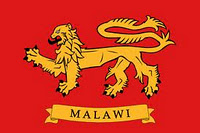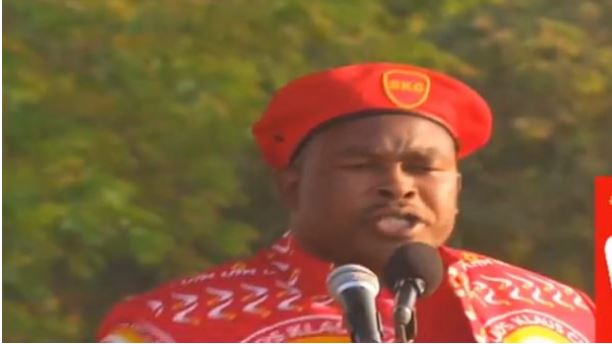Former president Bingu wa Mutharika’s legacy is likely to make a huge impact in matters of foreign policy as the new People’s Party-led government seeks to maintain the direction of foreign relations pursued by its predecessor, Malawi News has established.

Malawi’s foreign policy which is a document consisting of the state’s strategies to safeguard its national interests had been an area of concern following the souring of between Malawi and its development partners like the United Kingdom and neighbours such as Mozambique and Zambia.
In 2011 government chased former British High Commissioner Ferguson Cochraine-Dyet a decision that drew the wrath of the UK government. The period was also characterized by diplomatic bust-ups with the then newly-elected government in Zambia, among others.
But the news has startled economic analysts who have called for government to come up with a policy that will be in tandem with the country’s vision of becoming a dominant producer and exporter.
Principal Secretary for Foreign Affairs Patrick Kabambe told Malawi News that despite the change of government inter-state relations will take almost the same route as it was during the DPP administration.
“Government will maintain the current diplomatic relations with foreign nations as it values them so much. We cherish the relationship that we have had with traditional partners like United Kingdom and the United States, among others, and we wish to strengthen them further,” Kabambe said.
Records indicate that the past few years the DPP administration employed a more pro-eastern foreign policy where it courted many countries in South and East Asia including China and Vietnam while also stretching its arms towards friendly nations in Latin America.
But an economic think-tank, Malawi Economic Justice Network (Mejn), through its Executive Director Dalitso Kubalasa, said time has come for government to demonstrate its desire to register sustainable economic growth through a consistent foreign relations policy.
“As a country we need to have policies that have a common goal towards government’s vision. Our policies have at times not been as reciprocal as one would have expected them to be, such as the contradiction and controversy surrounding the Zero-Deficit Budget concept, alongside government’s own aspirations articulated through the consultative process in the Malawi Growth Development Strategy. No wonder with such contradictions, we have seen an increasingly worrying trend in the souring of relations with Malawi’s key partners in development, when it should have been the opposite,” said Kubalasa.
In response to the calls, Kabambe while admitting the existence of serious challenges on the diplomatic front, stated government’s efforts to overcome the hurdles for the country to move forward.
“Over the years we have observed and understood the need for coming up with a foreign policy document that will guide government on diplomatic issues. As we speak the document is being finalized and is just waiting for the inclusion of some important elements like the MGDS so that we can have an all encompassing document,” added Kabambe.



